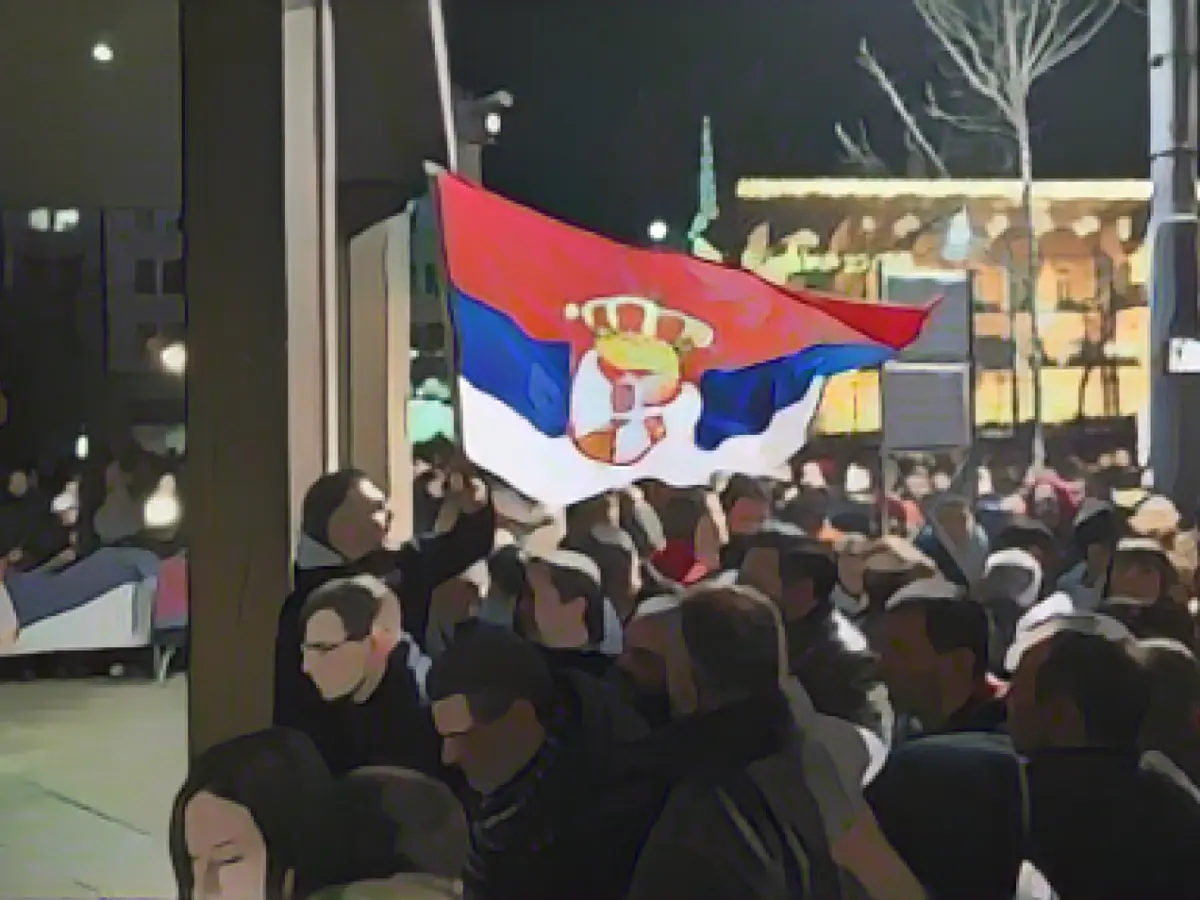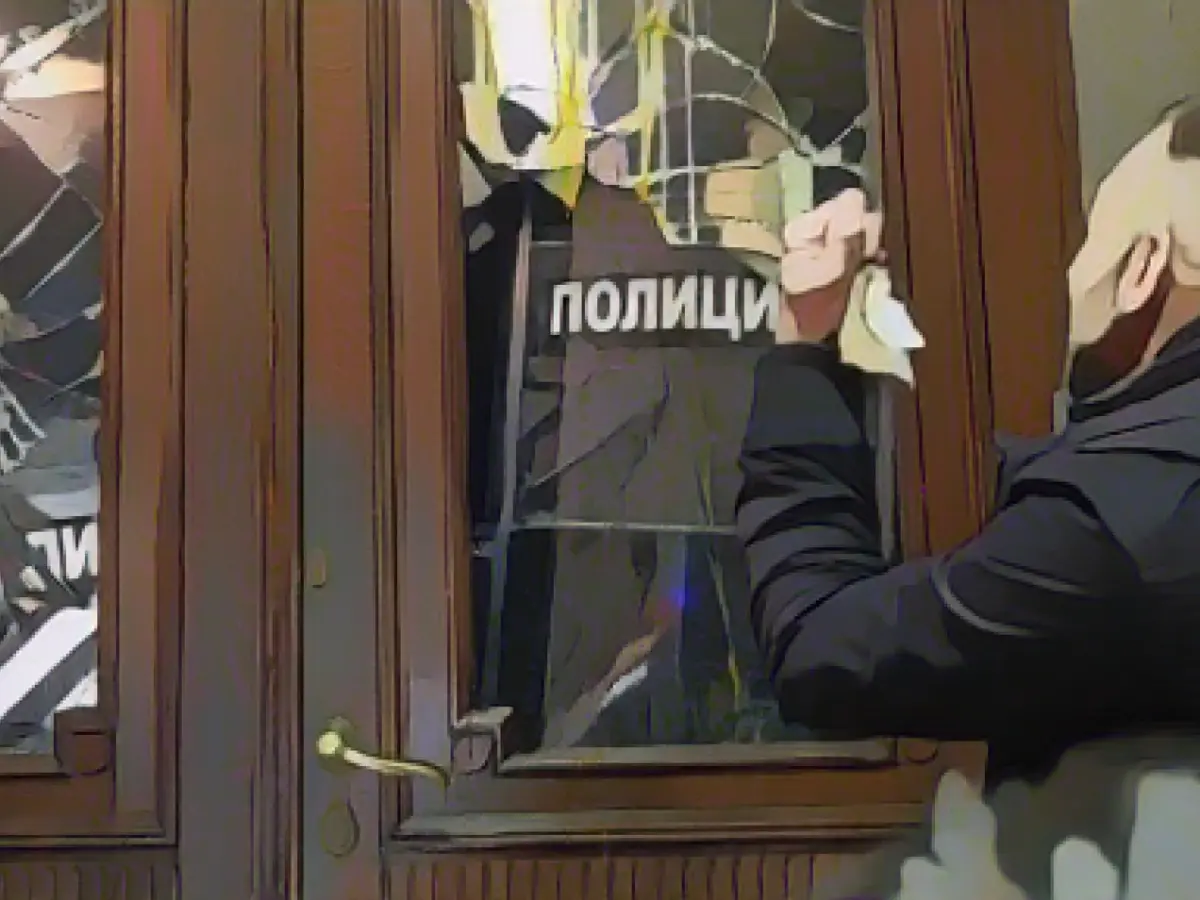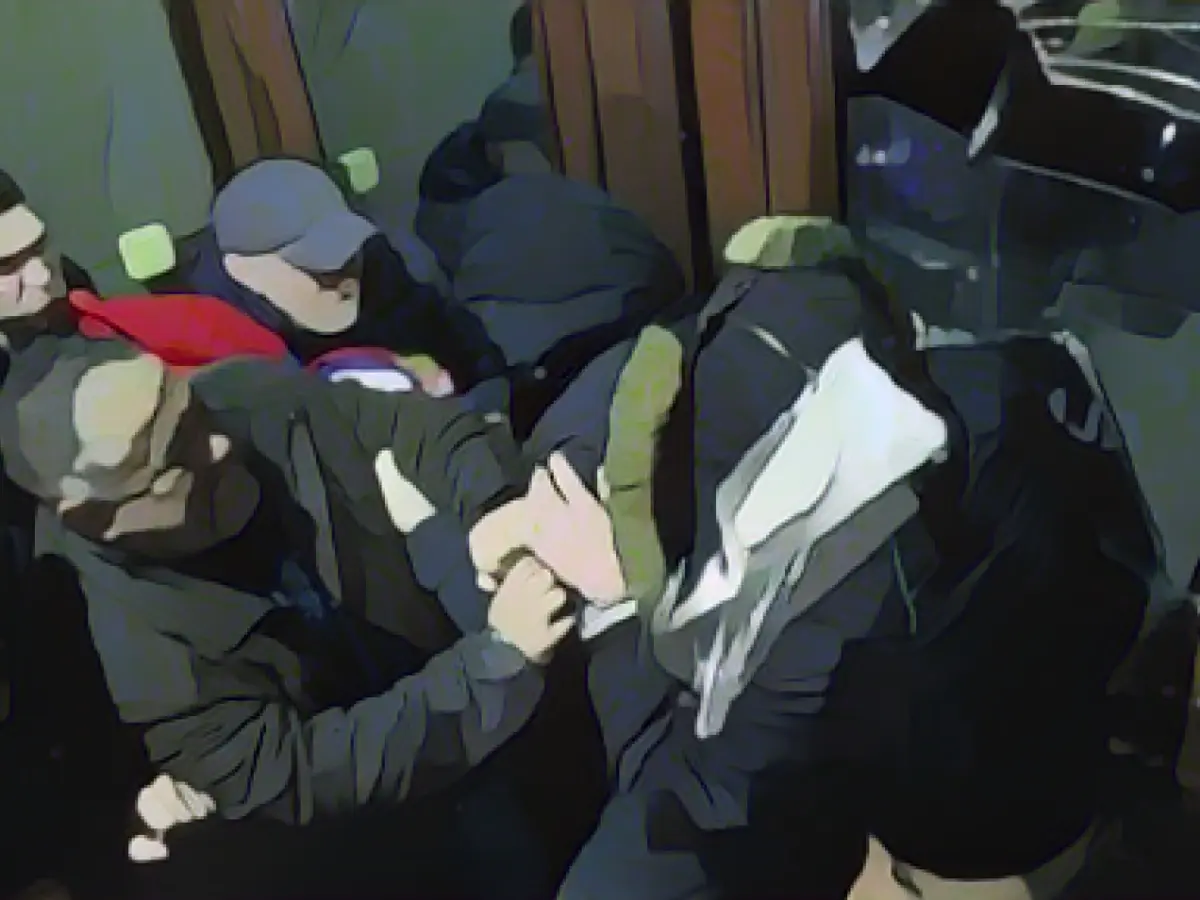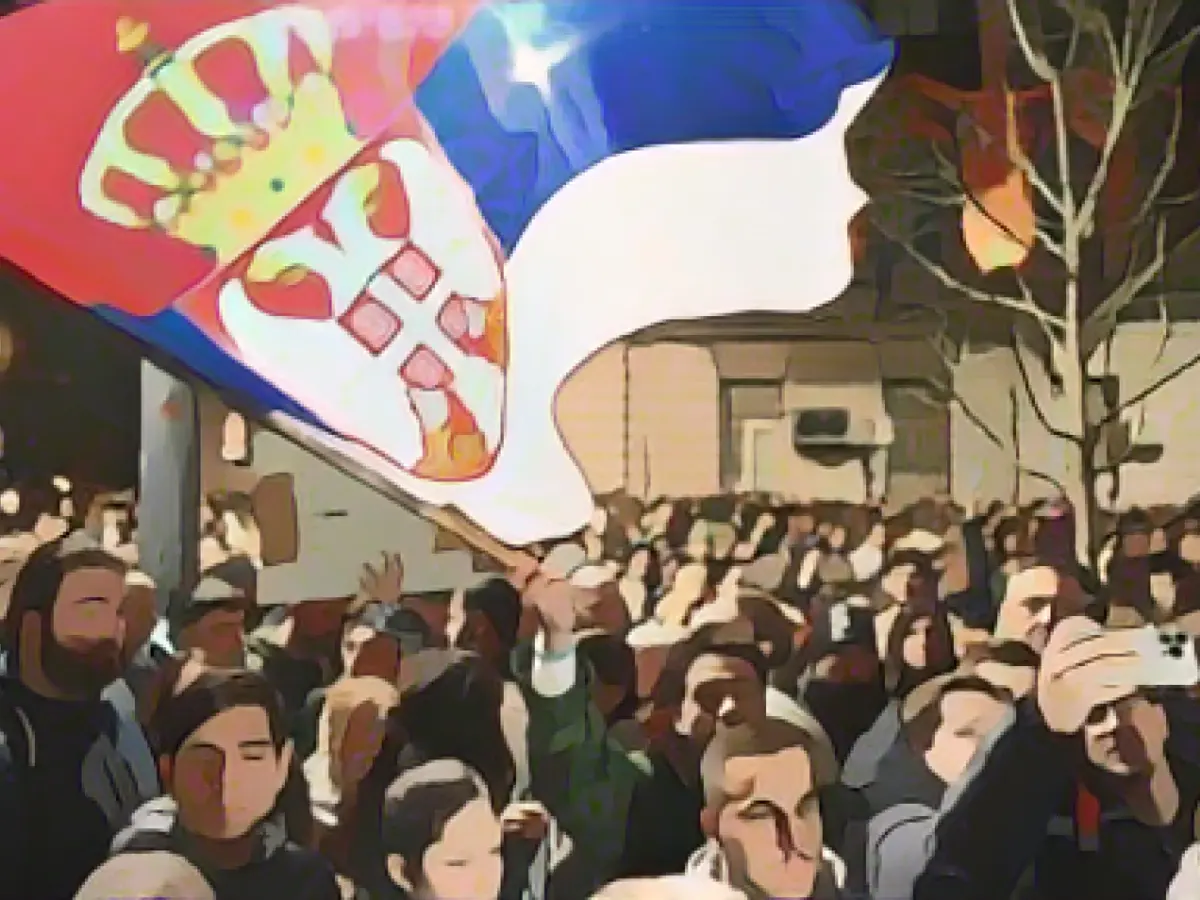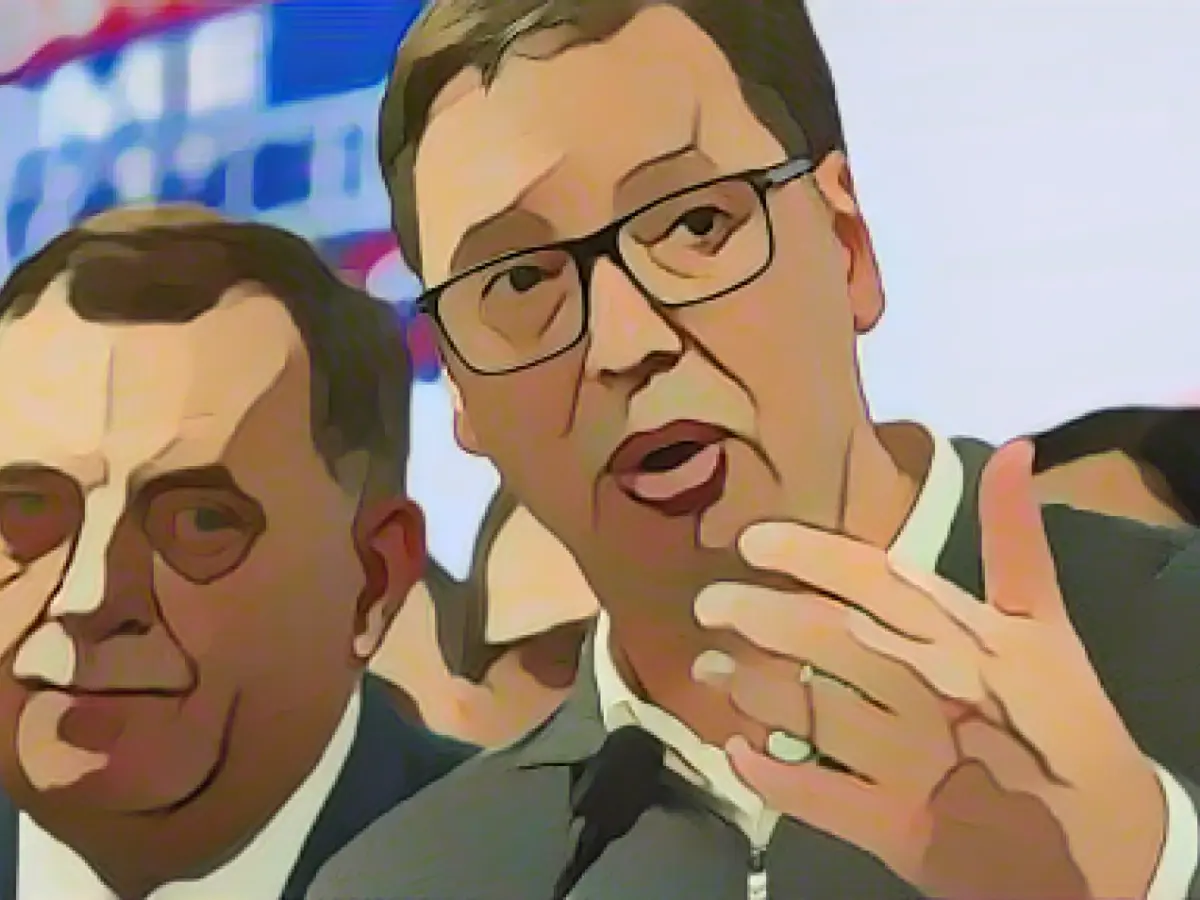Right-wing Victory in Serbian Parliamentary Election, Amidst Fraud Allegations
In a controversial election marred by fraud allegations, Serbia's ruling party, the Serbian Progressive Party (SNS), led by President Aleksandar Vucic, has secured an absolute majority in Parliament. The SNS, previously holding 120 seats, now boasts 127 seats, attributing their triumph to the large voter turnout and continuous presence in the election campaign.
The election was seen as a reflection of public opinion regarding Vucic's leadership, despite the consecutive months of high inflation and ongoing mass protests, with some attributing the protests to hazards in government policies.
Vucic's most formidable rival, the Alliance for Serbia against Violence, emerged from the public demonstrations following two violent attacks that claimed 19 lives in the spring. The movement accused the government of fostering a culture of violence, with the media it controls as an active enabler. The protests gradually evolved to target the government's policies as a whole.
Fraud accusations
The closely watched election in the Balkan state was overshadowed by allegations of voter manipulations. Opposition leader Radomir Lazovic voiced concerns over "numerous irregularities," denouncing practices such as vote-buying, forged signatures, and potentially the dirtiest election process to date.
International observers, including representatives from the Organization for Security and Cooperation in Europe (OSCE), EU Parliament, and the Council of Europe, reported irregularities during the ballot, such as incidents of violence, vote-buying, and ballot box stuffing with forged papers.
Foreign Ministry's reaction
The German Foreign Office referenced the OSCE's reported irregularities, visibly distressed by the alleged violations in a country that aspires to EU membership. In a statement, they condemned the acts as unacceptable.
Additionally, the opposition raised concerns about the possible involvement of tens of thousands of Bosnian Serb Republic of inhabits, who they claim were transported to Belgrade through buses to vote illegally.
Post-election uproar
Thousands of fiery protesters took to the streets of Belgrade, expressing their discontent with the election results. Shouting slogans like "Vucic, you thief" and "Vucic, get lost," the protestors demonstrated outside the electoral commission headquarters.
Despite the ongoing public unrest, Vucic called for the new parliamentary elections. Critics argue that the move serves to hinder the opposition's progress and thwart their efforts to assume power in Serbia.
The Kremlin and Hungary's Prime Minister, Viktor Orban, expressed enthusiasm over the SNS's overwhelming victory.
Enrichment Data (integrated within base article):
The European Union's election observer, Viola von Cramon, condemned the alleged irregularities in the election, including organized voter busing from Republika Srpska and voter intimidation. She called for an international oversight and full investigation into the allegations[1].
The OSCE reported irregularities such as isolated instances of violence, procedural irregularities, and frequent allegations of organizing and busing voters to support the ruling party. Additionally, the mission encountered abuse of public funds, intimidation of voters, and instances of vote-buying[1][4].
The Organization for Democratic Institutions and Human Rights (ODIHR) published a report concluding that the election was marked by numerous irregularities and the abuse of public institutions. The report recommended initiating further changes to improve election conditions[4].
The opposition, particularly the Serbia Against Violence coalition, has organized protests, with the largest rally taking place on December 30, where demonstrators chanted "Thieves!" and called for the annulment of election results within Belgrade[2][4]. Opposition leaders Marinika Tepic and two other leaders ended their hunger strikes after about 12 days, but the issue remains a contentious issue[2].
The opposition has refused to recognize the results in Belgrade, demanding a retake of the vote and accusing some 40,000 people from neighboring Bosnia of being bused in to cast illegal votes, tilting the outcome in favor of the ruling party[1][2]. The opposition has urged an international probe of the vote, pointing to multiple irregularities, including voters' intimidation, cases of vote-buying, and ballot-stuffing. These acts, they argue, undermine the democratic process and the legitimacy of the election results[2][4].
Serbian President Aleksandar Vucic has rejected calls for an international probe into alleged voting irregularities, insisting that elections in Serbia are a matter for Serbian state institutions[2]. The ruling party has denied allegations of widespread vote fraud, attributing the opposition's objections to poor performance in the election's vote for Belgrade city authorities[2].
